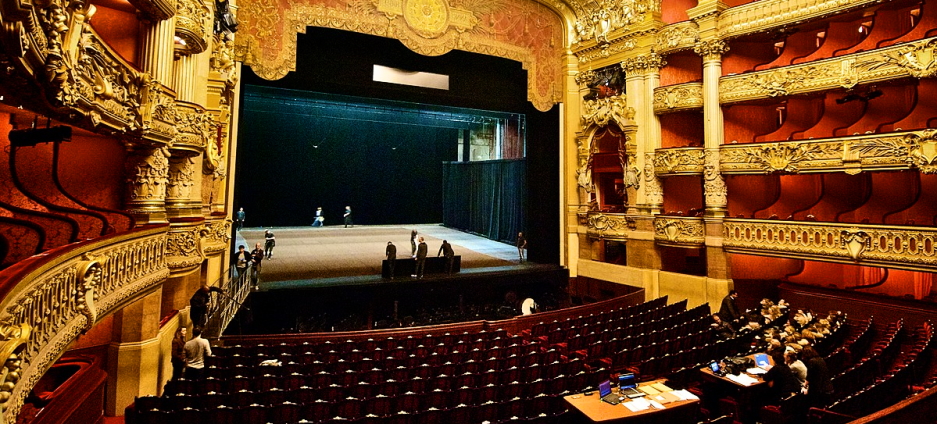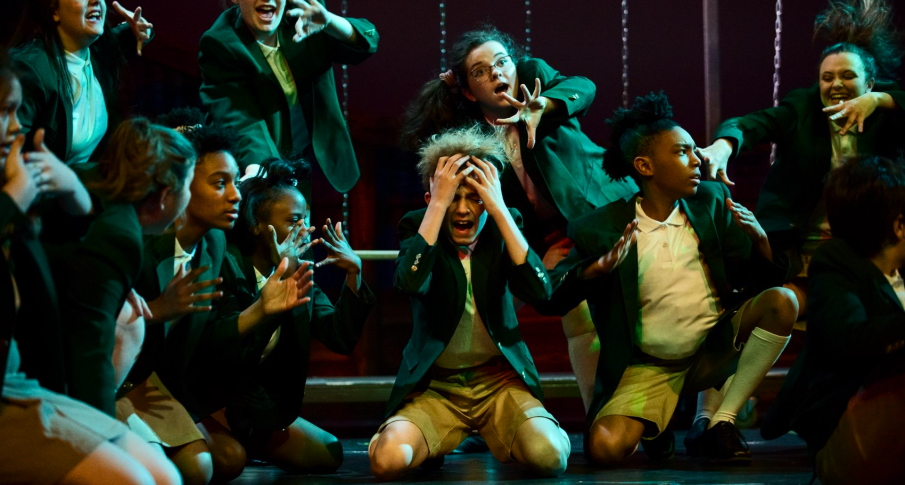Different Types of Theater Art
Theater arts is a broad term used to describe the performing art of theater. The theater includes many different types of performances including comedy, tragedy, opera, and musicals. All theater performances are done in front of an audience that views the performance through one or more stage sets with the scenery.
The theater world is a fascinating one, and most people don’t know all the different types of performances.
In recent years there has been an increase in theater productions for women-only audiences which provide a safe space for these groups to come together and enjoy performances without fear of discrimination or harassment. These shows are often written by female playwrights who offer perspectives from their own experiences as well as those around them through comedy and drama pieces.

The theater is a form of live performance that uses drama and dialogue to tell a story. Many different types of theater use different styles, music, and movements. Theaters can seat anywhere from 1 person to thousands of people depending on the type.
The two types of theatre
Some examples include musicals, comedies, tragedies, opera/operatic dramas (or operettas), melodramas, farces, and pantomimes.

Each genre has its subgenres with its unique requirements for acting and staging. But what about the theater arts? What are the types of theater arts? I’ll explore some examples in this blog post!
- Musical Theater: This type of theater includes songs from well-known Broadway shows as well as original compositions by musicians. The music tells the story while actors dance and sing on stage to relay emotions through choreography and lyrics.
- Drama: Drama is another type of theater art where actors use dialogue too.
Each has their unique qualities or characteristics which make them special in their way with their audience members who enjoy seeing them performed live rather than watching it on TV or streaming online video content at home.
The type that you prefer may depend on your mood, the period, or even what genre of play you’re in to see.






